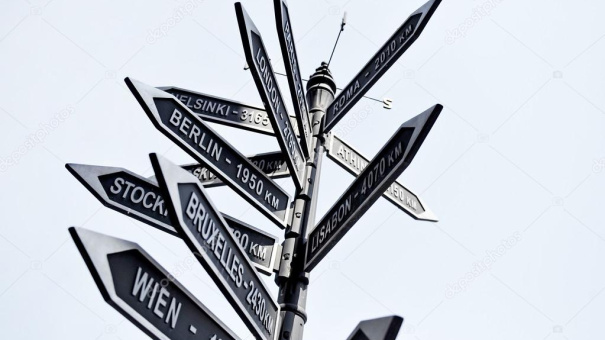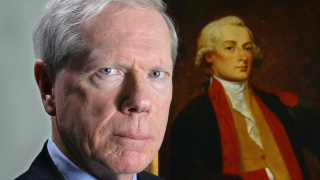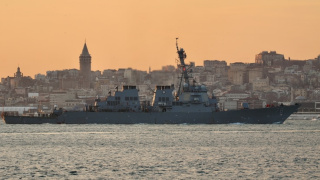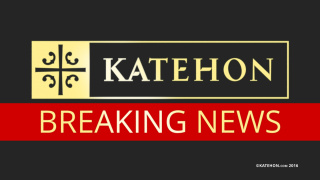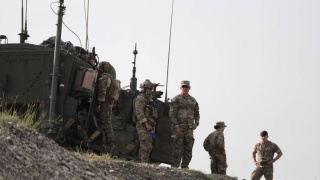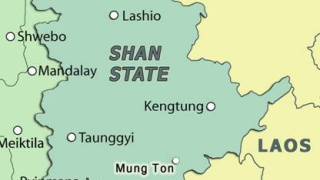Europe Faces Crossroads as Atlantic System Crumbles
Russia, despite imposition of draconian new sanctions by Washington, just concluded its most successful annual St. Petersburg International Economic Summit where heads of government and industry leaders in record numbers attended to discuss economic cooperation. In the context of the SPIEF talks, as one instance, the CEO of the state Russian Railways announced Russian plans to participate in construction of the Trans-Arabian Railway that will go along the southern edge of the Persian Gulf from Kuwait to Oman. If actualized it would bring Russia, Saudi Arabia and China into closer economic relations. China has already secured some $130 billion in investment projects into Saudi Arabia and, for all his defects, it seems Prince bin Salman genuinely wants to make Saudi Arabia into a tri-continental economic hub for Afro-Eurasia.
That Russian SPIEF meeting was immediately followed by another meeting in Beijing between Putin and Xi Jinping at which the China president presented Putin with China’s highest honor to a foreigner, a golden “Medal of Friendship” declaring the Russian leader his “best, most intimate friend.” Then followed an enlarged meeting of the Shanghai Cooperation Organization in Qingdao with both Pakistan and India as full SCO members for the first time and Iran as Observer. SCO states now include Pakistan, India, Kazakhstan, Kyrgyzstan, Tajikistan, Uzbekistan, Russia and China.
At a tripartite meeting of the leaders of Russia, China and Mongolia, Putin announced plans to spend $260 million by 2020 to upgrade the Ulaanbaatar Russian−Mongolian railway and adjacent sections. He noted that volume of container traffic on the China−Mongolia−Russia route to Europe increased 2.7 times in 20127 and by four times in the first three months of this year.
This all was in sharp contrast to the clashes and tensions of the G7. As Putin noted, the G7 should “stop this creative babbling and shift to concrete issues related to real cooperation.” Putin notably expressed no interest in Russia’s being welcomed back into the G7 as Trump called for, further indication the economic and political center of gravity of the world has shifted East.
The economic potentials of Eurasia are now emerging as a realizable alternative to a collapsing Atlantic dollar-based system bloated with debt. With Russia and China both accumulating central bank gold reserves at a record pace, using national currencies instead of the sanction-vulnerable dollar new possibilities for multi-polarity are emerging. And the expansion of the BRI infrastructure projects are beginning to be felt. A new study by the Dutch ING Bank estimates that the BRI could increase levels of global trade by 12% or more. Economist Joanna Konings noted, “Trade between Asia and Europe…accounts for 28% of world trade so making those trade flows easier has a large potential impact.”
With the Euro in a critical phase, with the banking crisis of the EU unresolved and economic recession across most of the EU outer rim countries from Italy to Portugal to Greece, the prospect of joining in building up a new economic space, new markets for EU products across Eurasia, is the only realistic alternative to trade war, financial war with the US and worse. The lines of force are becoming dramatically clear and soon the countries of the EU must decide between the Atlantic system and a new emerging Eurasian alternative. The aggressive pressures from Washington are forcing that decision ever closer.
